The Team
AboutFace has a core team that investigates the themes of the research project and delivers its public engagement activities.
-

Professor Fay Bound Alberti
Fay is the project PI and in 2019 became one of the first UK Research and Innovation Future Fellows for the AboutFace project. Fay works on the history of medicine, gender, emotion and the body. Her books include Matters of the Heart: History, Medicine and Emotion (2010) and This Mortal Coil: The Human Body in History and Culture (2016) and A Biography of Loneliness: The History of an Emotion (2019). She was worked at a senior level in funding, as Head of Philanthropy for the Arcadia Fund, Head of Medical Humanities Grants for the Wellcome Trust, and as a freelance writer and consultant for charities, universities and organisations like the Nuffield Council on Bioethics.
-
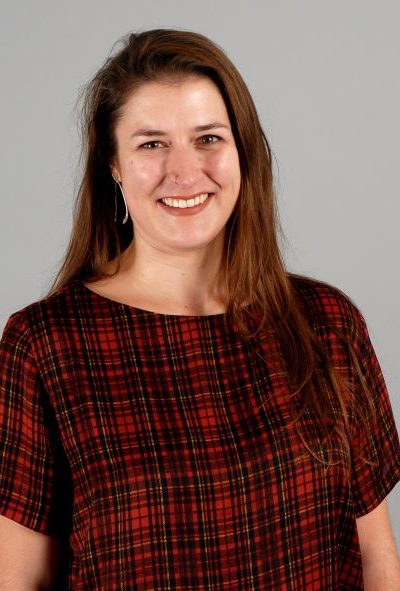
Dr Sarah Hall
Sarah is Public Engagement and Events Officer for the AboutFace project. She is an experienced events manager with significant experience in the Higher Education sector, and is interested in engaging with creative methods for disseminating academic research to different audiences. Sarah is a passionate believer in the benefits of interdisciplinary research and collaboration. She is also interested in academic outreach, and is committed to making research widely accessible to non-specialist audiences. Sarah is a historian of the early modern transatlantic puritanism, with a particular focus on communities, correspondence and social networks in the seventeenth century. More broadly, this has generated an interest in social history and the histories of ‘ordinary’ people and their lived experiences. Using a combination of qualitative and quantitative methodologies, Sarah's research is interdisciplinary and engages closely with digital humanities. She brings this interdisciplinary experience to the AboutFace project. Sarah completed her PhD in History at the University of East Anglia in 2019.
Advisory board
The project is supported by a distinguished Advisory Board with specialisms drawn from neuroscience, law, medicine, linguistics, nursing, transplantation, psychology, lived experience and public engagement. The Board meets annually to advise on the aims and objectives of the project.
-

Professor Richard Ashcroft
Professor Richard Ashcroft is Professor of Bioethics and Deputy Dean of the Law School at City, University of London. He is an experienced researcher and teacher of bioethics, with nearly 25 years of experience and more than 200 publications in the field. Before his career in bioethics, he trained in History and Philosophy of Science at Cambridge University. He works mainly on research ethics, public health ethics and ethics of new technologies. He takes a particular interest in approaches drawing on human rights, feminist scholarship, disability studies and political philosophy. Richard is Chair of the Advisory Board.
-
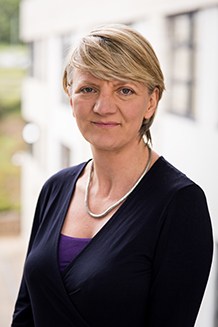
Professor Karen Bloor
Karen Bloor is Professor of Health Economics and Policy, and the University of York's Research Champion for Health and Wellbeing. She has worked at the University of York for over 25 years, focusing particularly on the application of economics to health policy. Her research covers a range of subjects relating to the financing and delivery of healthcare, including analysis of medical labour markets, medical practice variations, pharmaceutical markets and various aspects of healthcare reform.
-
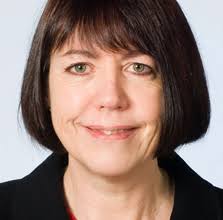
Dr Alex Clarke
Alex is a consultant clinical and health psychologist. She joined Changing Faces in 1995, a charity providing support to people with facial disfigurements, where she developed information and programmes of support for people with an unusual appearance caused by trauma, burns and medical conditions. From 2002 – 2014 she set up and led a group of psychologists working in plastic and reconstructive surgery at the Royal Free NHS Foundation Trust in London. In addition to establishing the role of psychology in the multidisciplinary plastic surgery team, she led the psychology strand of the facial transplantation programme. Since retiring from the NHS has been a visiting professor at Centre for Appearance Research and has worked on a range of projects with medical colleagues to help further their understanding of the psychological factors involved in choices about altered appearance. Current research interests include the development and evaluation of brief screening tools for surgeons working in private cosmetic surgery settings and online interventions to manage visible difference in appearance.
-

Dr Antonia Cronin
Antonia is a Clinical Research Consultant Nephrologist at the NIHR Biomedical Research Centre, Guy's and St Thomas' NHS Foundation Trust, and MRC Centre for Transplantation, King's College, London. She is a Trustee of the Governing Body of the Institute of Medical Ethics, and appointed member of the UK Donation Ethics Committee (UKDEC). Her research explores the ethical and legal analysis on matters raised by scientific research and clinical practice, in particular the regulation of research and its translation into clinical practice. Her work draws on interdisciplinary insights gained from science, medicine, social science, philosophical bioethics, public policy and the law. Antonia is currently collaborating with faculty from the Department of Social Science, Health and Medicine on a seminar series on issues relating to transplantation and bioethics. She is an affiliate member of GHSM’s Biomedicine, Ethics and Social Justice research group.
-
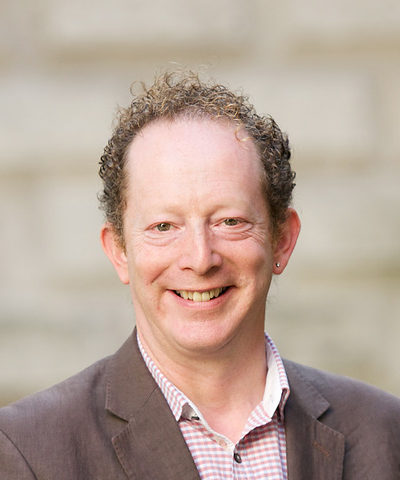
Dr Daniel Glaser
Daniel Glaser is a neuroscientist and writer. He is currently Director of Science Engagement at The Royal Institution. As a Winston Churchill Fellow in 2019, he travelled across America to research what AI can tell us about being human. He was Founding Director of Science Gallery London, a £30m capital development in the heart of the city, where art and science collide. Daniel was the world’s first scientist in residence at an arts institution and the first scientist to judge the Booker Prize. For two years until 2018 he wrote a weekly column in the Observer Magazine and his Guardian podcast series have had half a million listens. Following fifteen years of neuroscience research, he moved to Wellcome Trust, where he ran a £10m annual funding portfolio for public engagement and the arts. As an undergraduate at Cambridge he studied maths and then English literature, and was a combat medic in the army reserves.
-
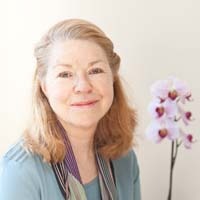
Professor Ludmilla Jordanova
Ludmilla Jordanova is Emeritus Professor of History and Visual Culture at Durham University, where she was Director of the Centre for Visual Arts and Culture 2015-19. She is also an Honorary Professorial Fellow at the Edinburgh College of Art, University of Edinburgh. She has been a Trustee of the Science Museum Group since 2011, and was a Trustee of the National Portrait Gallery 2001-9. Her books include History in Practice (third edition 2019), Defining Features: Scientific and Medical Portraits 1660-2000(2000), and Physicians and their Images (2018). She writes about visual culture, the histories of science and medicine, cultural history and the nature of historical practice. Among her current writing plans are books on portraiture and on ethics in historical practice. She is based in Scotland.
-

Dame Anne Marie Rafferty
Anne Marie Rafferty, RN DBE FRCN FAAN FMedSci, is Professor of Nursing Policy and Past President of the Royal College of Nursing. She is a historian, health workforce and policy researcher. She was seconded to the Department of Health to work with Lord Ara Darzi on the Next Stage Review of the NHS and awarded a CBE for services to healthcare in 2008. She served on the Prime Minister’s Commission on the Future of Nursing and Midwifery 2009-10 and been recipient of various awards including Nursing Times Leadership Award (2014) and Health Services Journal Top 100 Clinical Leaders Award in 2015. She holds fellowships from the Royal College of Nursing, American Academy of Nursing and was elected into the Fellowship of the Academy of Medical Sciences in 2019. She co-lead a Student Commission on the Future of the NHS supported by NHS England and was a member of the Parliamentary Review of Health and Social Care in Wales, which reported in 2018. She was appointed member of the NHS Assembly in 2019.
-
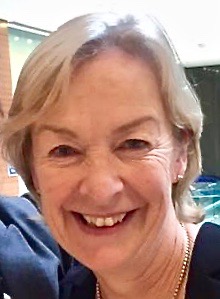
Professor Nichola Rumsey, OBE
Nichola is Emerita Professor of Appearance Psychology, University of the West of England, where she founded the Centre for Appearance Research in 1992 and was its Co-Director until 2018. She has attracted over £9m in funding to support research on appearance and has published widely in the field. Nichola was a member of the RCS Expert Groups on Face Transplantation from 2003-2004 and 2006-7. She has led several EU funded projects and was the Chair of COST Action IS1210 “Appearance Matters” from 2013-2017. Nichola has been elected an Honorary Life Member of the South African Burns Society, the British Association of Aesthetic Plastic Surgeons (BAAPS) and the Craniofacial Society of Great Britain & Ireland (CFSGBI) and was appointed OBE in 2016 for services to people with disfigurement. Nichola now works as a Consultant Research Psychologist and is developing training and clinical aids designed to improve standards of patient care in the cosmetic and reconstructive plastic surgery sectors.
-
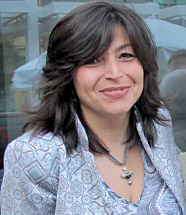
Dr Mandana Seyfeddinipur
Mandana Seyfeddinipur is a linguist who directs the Endangered Languages Documentation Programme & Endangered Languages Archives at Berlin Brandenburgische Academy of Sciences in Berlin, Germany. She was previously based at SOAS. Her main research interests are language documentation, cultural and linguistic diversity in language use, video in language documentation, and multimodality with a focus on gesture, visual mode of language, pragmatics, psycholinguistics, and language production. She teaches courses and classes on the visual mode of language, the use of video in language documentation and fieldwork, ELAN annotation, psychology of language, and language use. She is also a Senior Research Fellow at the London Middle East Institute (LMEI) and member of the Centre for Iranian Studies Member Multilingualism and Language Learning Collaborator
-
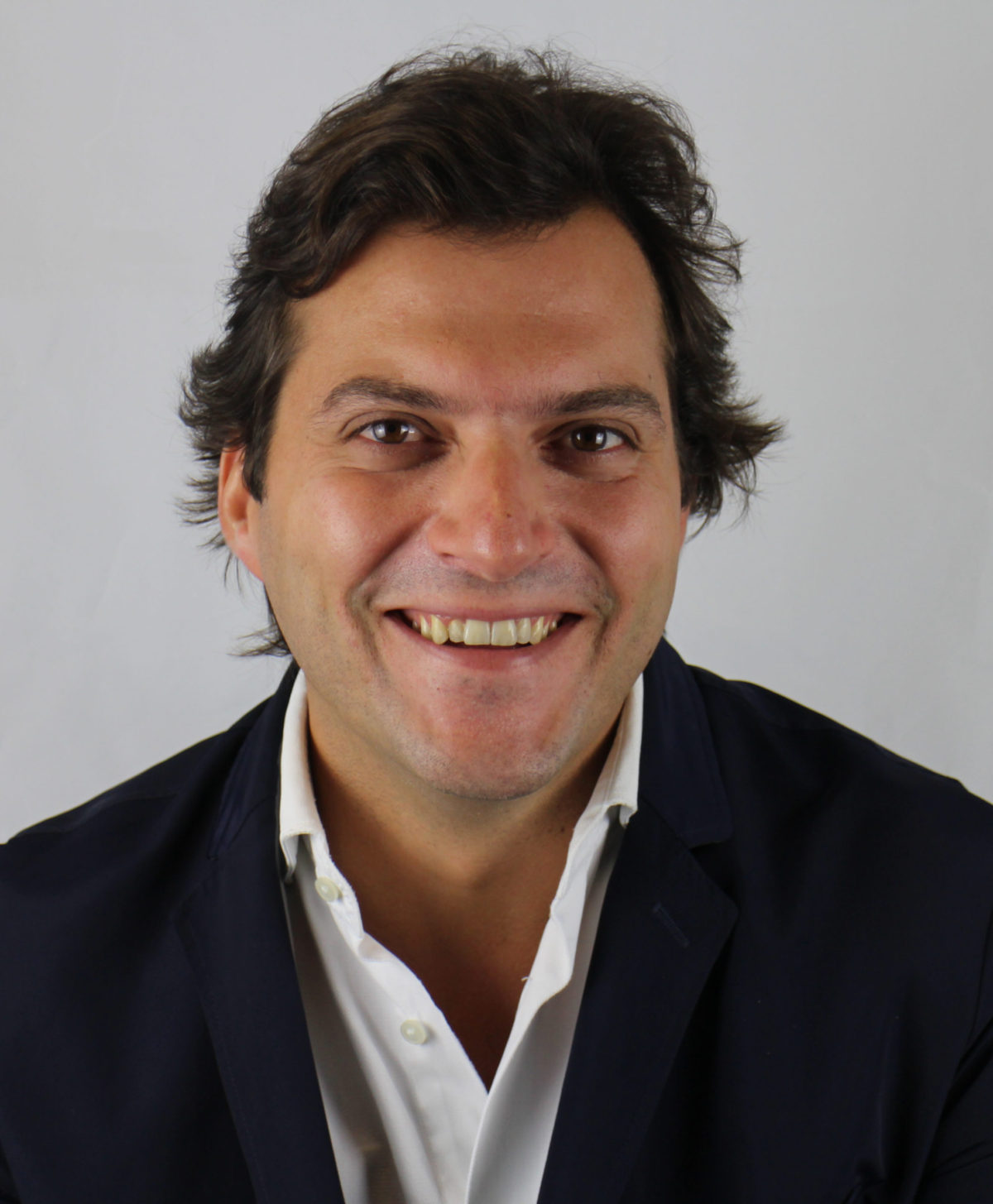
Professor Manos Tsakiris
Manos is Professor of Psychology at the Department of Psychology, Royal Holloway, University of London, where is leading the Lab of Action & Body (LAB). His research is highly interdisciplinary and uses a wide range of methods to investigate the neurocognitive mechanisms that shape the experience of embodiment and self-identity. He is the recipient of the Young Mind and Brain Prize in 2014, of the 22nd Experimental Psychology Society Prize in 2015, and the NOMIS Foundation Distinguished Scientist Award in 2016. Since 2016, he is leading the interdisciplinary Body & Image in Arts & Science (BIAS) project at the Warburg Institute, and since 2017 the INtheSELF ERC Consolidator project at Royal Holloway that investigates the role of interoception for self- and social-awareness.
Lived Experience Advisory Panel (LEAP)
AboutFace benefits from the input of a skilled Lived Experience Advisory Panel (LEAP) that meets annually to advise on various aspects of the project and its outputs.
-
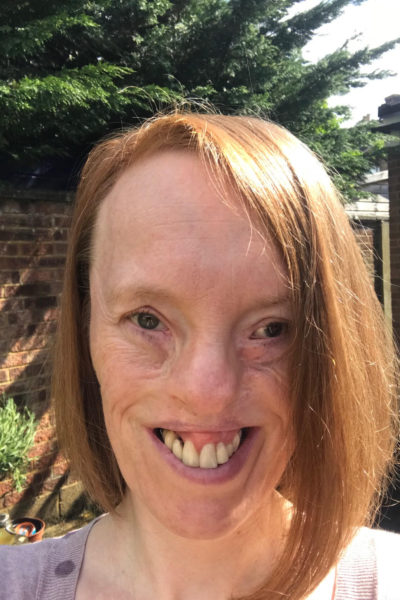
Dr Amanda Bates
Dr Amanda Bates, CPsychol, is a Patient Experience and Public Involvement Lead in the Centre for Health Services Studies at the University of Kent. She brings health researchers and service users together to enable patient involvement in the design and management of research using best practice principles of Patient and Public Involvement (PPI). This knowledge and expertise has resulted in invitations to speak nationally and internationally on these topics within the fields of appearance and facial difference (research and service delivery). Aside from these roles, Amanda conducts freelance training in disability equality, resilience and living with difference. As someone with a facial difference from birth, Amanda is also involved with the charities Changing Faces, The Cleft Lip and Palate Association (CLAPA) and Face Equality International and has carried out media work on behalf of all three organisations.
-
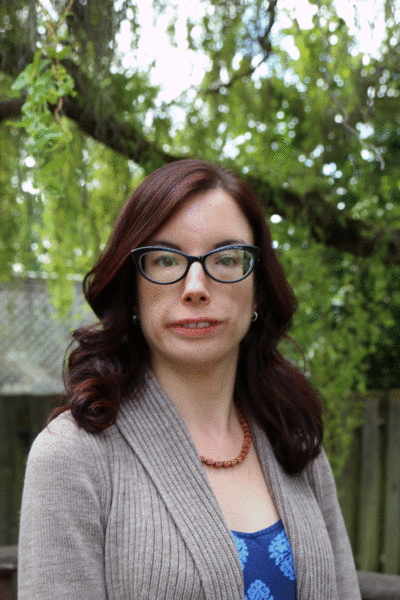
Dr Kathleen Bogart
Kathleen Bogart, PhD is Associate Professor of Psychology at Oregon State University. She is a social/health psychologist specializing in ableism, or stereotyping, prejudice, and discrimination toward disability. She has a facial difference herself, and based on her professional and personal lived experience has served on several boards, including the American Psychological Association Committee on Disability Issues in Psychology, the Moebius Syndrome Foundation Scientific Advisory Board, the Massachusetts Department of Public Health Birth Defects Monitoring and Research Program Advisory Board, and the Rehabilitation Psychology editorial board. Much of her research focuses on the psychosocial implications of living with rare disorders and facial differences, such as Bell's palsy and Moebius syndrome. Her work finds these conditions are stigmatizing because people with them are frequently misunderstood, isolated, and blamed. She is an advocate for building social support and resisting stigma in these communities. Kathleen is chair of the Lived Experience Advisory Panel (LEAP)
-
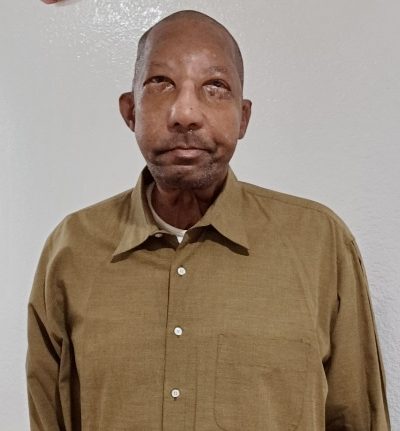
Robert Chelsea
Robert Chelsea is the first African American recipient of a full face transplant, and acts as a specialist consultant for the AboutFace project. He received his transplant in 2019, after a car accident in 2013 left him with burns covering 60% of his body and face. Robert works to raise awareness and participation of organ and tissue donors. He is a public speaker, sharing his story of hope and survival and overcoming adversities. In 2018, Robert established the Robert Chelsea Foundation.
-
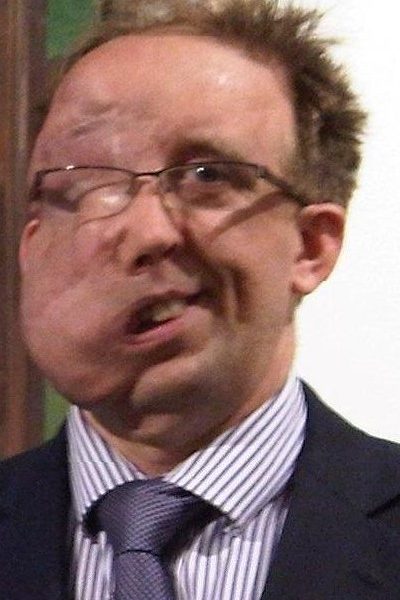
Marc Crank
Marc Crank is a third Sector leadership and management consultant. He has been campaigning for more than thirty years as a disability and equality rights activist and also has twenty years’ experience as a regional and national charity CEO, specialising in disability/health advice, support and advocacy. Committed to multi-agency, cross-sector collaboration, Marc won an award in 2007 for his contribution to cross-sector partnership development across Staffordshire. Passionate about equality and empowerment of marginalised groups Marc combines lived experience with the skills and knowledge gained from his varied work and voluntary roles.
-

Dr Jaz Gray
Jaz Gray, PhD is Assistant Professor of Communication Studies at Pepperdine University and an international public speaker. She believes that story transforms the soul. Jaz is a narrative researcher with expertise in entertainment and patient narratives who is interested in both how people in marginalized communities can use narrative to develop resiliency and how the media production process can be used to empower those communities. After earning a bachelor’s with a concentration in Journalism from Middle Tennessee State University and a master’s in Television, Radio, and Film from Syracuse University, she spent several years working in one of the most appearance focused industries in the world - Hollywood (Los Angeles, CA). Jaz worked for companies including TV network BET and film studio Paramount Pictures. During that time, she co-founded the studio’s first ad hoc committee to address health-related diversity among employees.
Jaz has had nearly 50 surgeries for a rare craniofacial disability. In addition to teaching, she speaks, writes, moderates panels, and leads workshops on a range of topics including the power of stories, media representation, health equity, empowerment, healthy self-image, patient-centered care, and resilience. Her work is centered in service. Her nonprofit Jaz’s Jammies has collected thousands of pairs of pajamas for sick and displaced children and organized volunteer opportunities for over 2,000 people. -
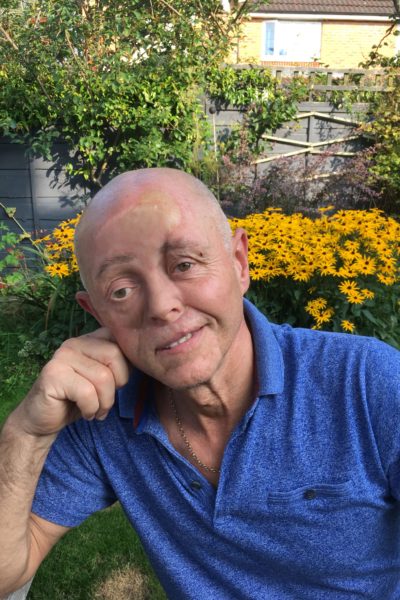
Graeme Heward MCSP
Graeme is a physiotherapist in private practice, specialising in musculoskeletal conditions. Soft tissue and scar tissue mobilisation has been fundamental to his work. Being a county squash player himself lead him to treat many of the world’s best squash players.
Since being diagnosed with sino-nasal cancer in 2011, he has endured 32 operations plus radiotherapy and chemotherapy twice. The cancer has ‘returned’ on five occasions. In 2015, shortly after a marathon bike ride to raise funds for Christie Hospital in Manchester and MacMillan, he published a book, ‘Riding With The Alien’. He wrote the book because his friends asked him to and because he wanted medical professionals and ordinary folk to understand how it affects one’s whole life and the effect on those around us. In 2016 the outlook became bleak with palliative chemotherapy his only choice, whereupon he started his own literature research of integrative modalities and lifestyle change. In 2019 Graeme cycled 1200 miles in 15 days to visit every Maggie's Centre in Great Britain to raise awareness of their cancer care charity.
During his treatment, Graeme has had facial scarring, removal of his right eye, loss of sense of smell and diminution of taste, a forehead to nose pedicle graft, anterolateral thigh graft to left side of face, lymph gland removal, facial nerve palsy, removal of nose, synthetic replacement of meninges, failed nose reconstruction and now a facial prosthesis.
He was a major contributor to The Facing Out Exhibition and Workshops – life after treatment for cancer at The Whitworth Art Gallery by Lucy Burscough in 2019.
He has spoken on radio, TV and gatherings. He lives with his partner, Lesley, and continues to work part time, enjoys walking his two whippets, Gromit and Enzo, and recently completed his return to competitive racketball at national level. He has two sons: Elliot, an ENT surgeon, and Sam, an anaesthetist. -

Phyllida Swift
Phyllida has recently taken on the role of CEO at Face Equality International after losing their founder, James Partridge. After being involved in a car accident in Ghana in 2015 and sustaining facial scarring, Phyllida set out to reshape the narrative around scars and facial differences in the public eye, to champion positive, holistic representation that didn't sensationalise, or other the facial difference community any further. She started out by sharing her story as a media volunteer for Changing Faces, before taking on a role as Campaigns Officer, and later Manager. During that time, she led the award winning, Home Office funded disfigurement hate crime campaign, along with working on multiple Face Equality Days, 'Portrait Positive' and 'I Am Not Your Villain'. This role allowed her to work closely with a large group of champions across the UK and gain understanding into the power of campaigns led by real-life personal experiences. She shared her own experiences of how societal attitudes and poor media representation impacted upon being a young woman with facial scarring in her TEDX talk in 2018. -

In Memoriam: Mr James Partridge (1952-2020)
James Partridge OBE, DSc (Hon), FRCSEd (Hon) was the Director of Face Equality International, (2018) an alliance of NGOs and charities which campaign for ‘face equality’ and challenge disfigurement prejudice and discrimination. Previously, he was the Founder and Chief Executive of Changing Faces, the leading UK charity supporting and representing people with disfigurements. He launched the charity after the positive response to his book Changing Faces: The Challenge of Facial Disfigurement passing on lessons from his experience of severe facial burns at the age of 18. He won a number of national awards, including the Third Sector award for Most Admired Charity Chief Executive in 2010 and the Beacon Prize for Leadership. He served on public bodies such as the National Institute for Clinical Excellence. He wrote and presented widely on disfigurement, disability, inclusion and social entrepreneurship and in 2009 he presented the news on Channel 5, becoming the first newsreader with a facial disfigurement. James was the chair of our Lived Experience and Advisory Panel, and we remember him and his work with fondness and respect.
